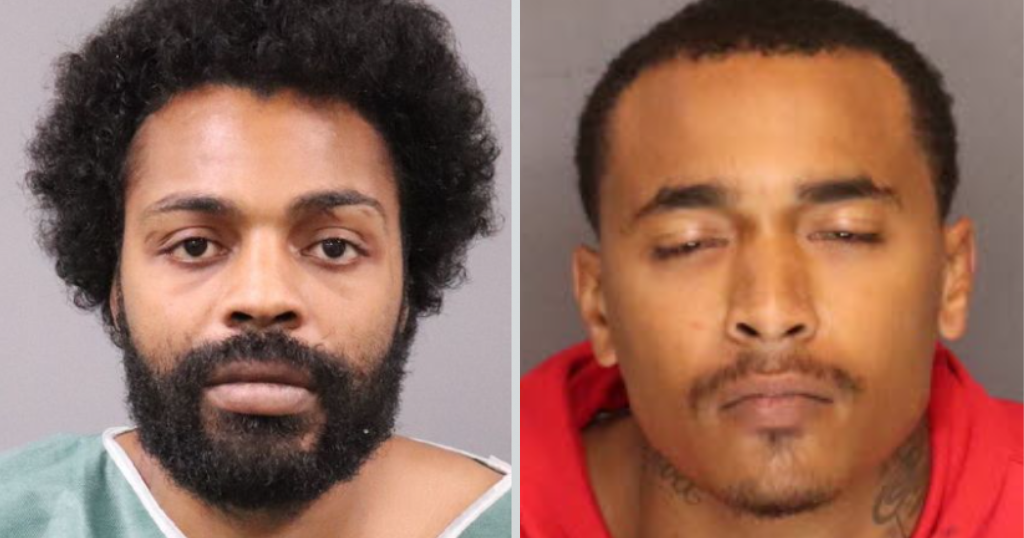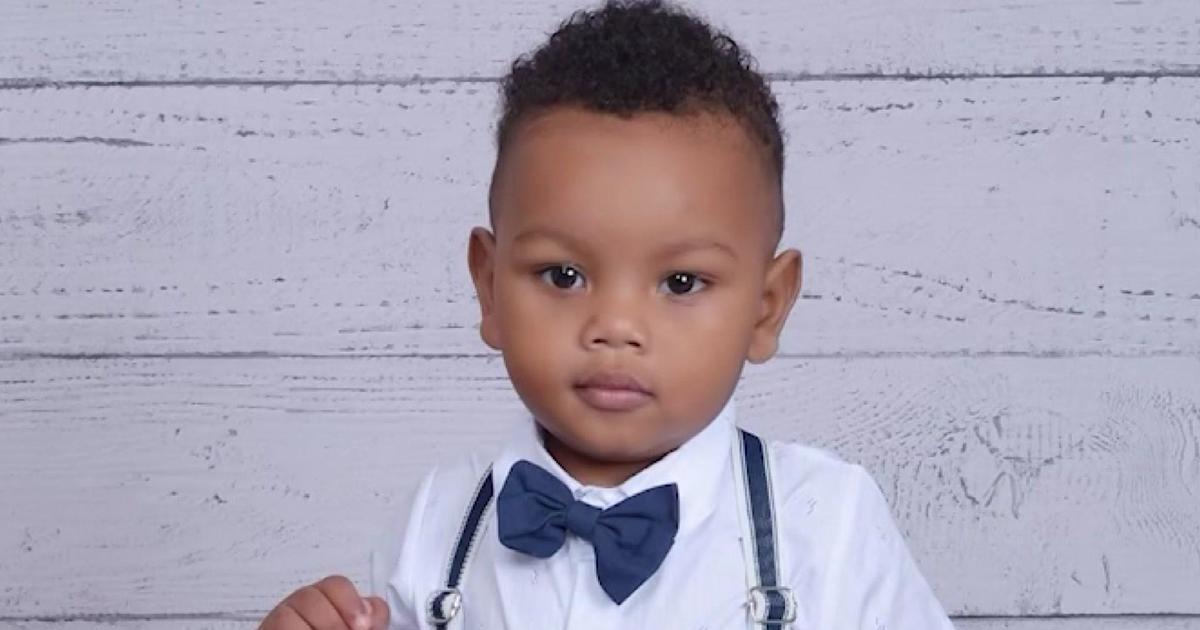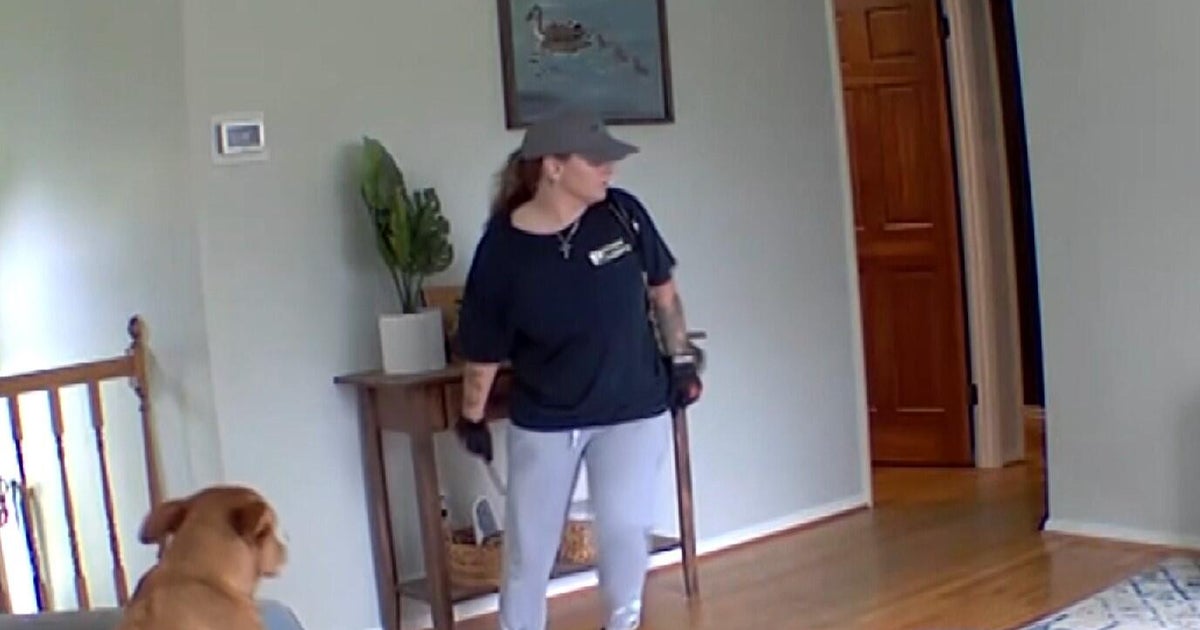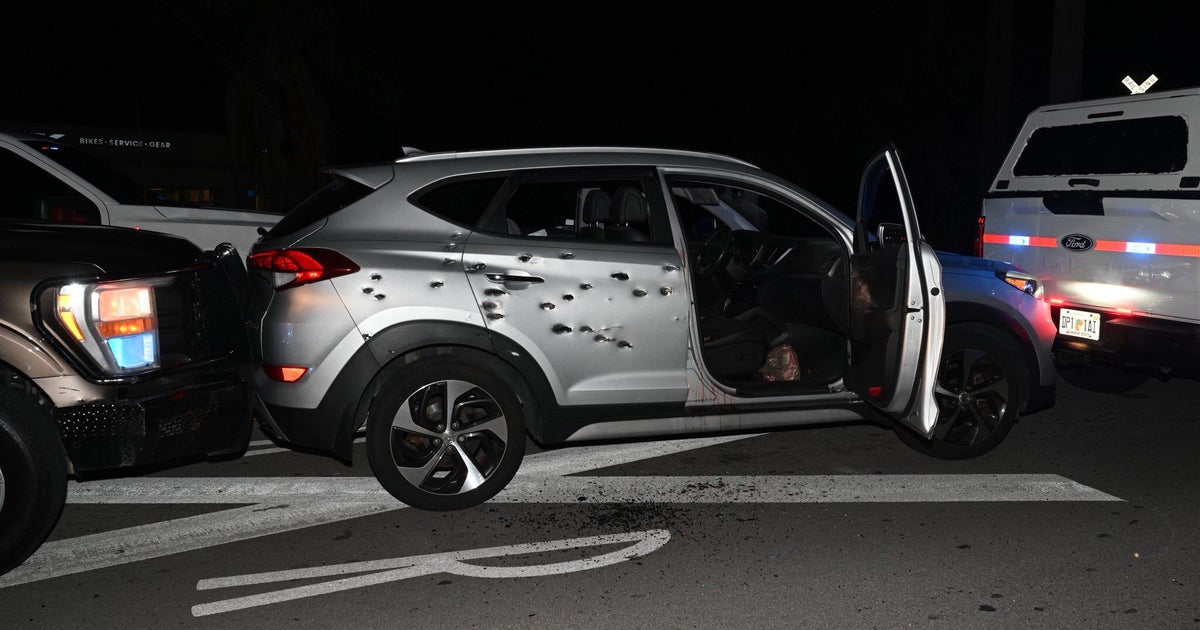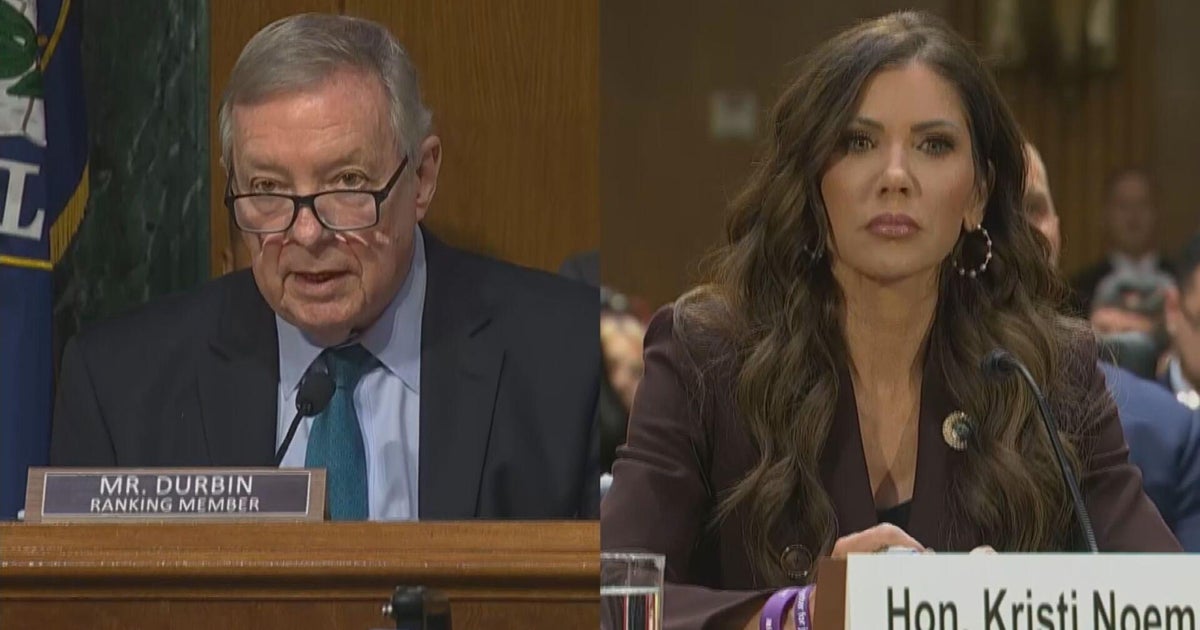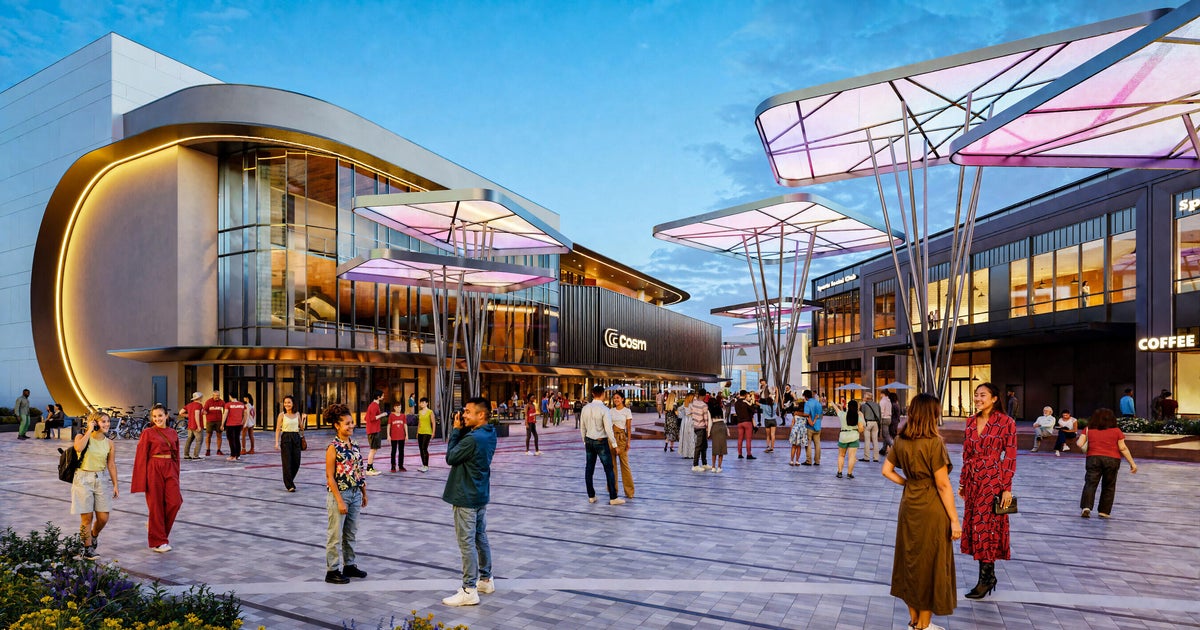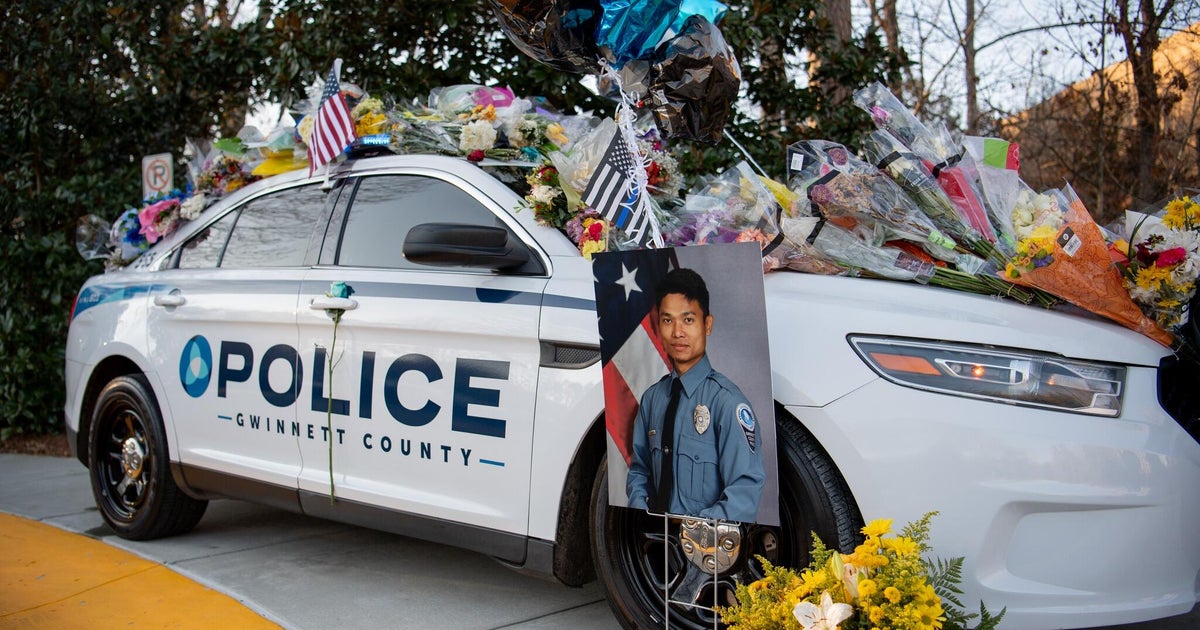Online Travel, Juvenile Sentencing Among Issues Facing Court
TALLAHASSEE (CBSMiami/NSF) - The Florida Supreme Court began an annual summer break last week, taking a breather from its routine of issuing opinions each Thursday in complex legal disputes and the steady flow of death-penalty appeals.
But justices will face major issues when they return from the break --- cases that could affect everything from utility rates to sentences for juveniles who commit murder. And that doesn't even include the likelihood justices will be confronted with an ongoing fight about the constitutionality of congressional districts approved by lawmakers in 2012.
The court is scheduled to resume releasing its weekly opinions Aug. 28, though it can handle issues before then as needed. While dozens of cases are pending before the court, here are five to watch:
ONLINE TRAVEL
In courtrooms and the Legislature, online-travel companies and counties have sparred for years about hotel bed taxes.
The dispute centers on whether companies such as Expedia and Orbitz should pay tourist-development taxes on the full amounts they collect from customers, or only on the portions that go to room rentals. The companies contend the portions that do not pay for room rentals are service charges, which are not subject to the hotel bed tax.
But counties say the taxes are due on the full amounts, and tens of millions of dollars are at issue in the case. The online-travel industry has won in lower courts, and the Supreme Court heard arguments April 30.
The case is Alachua County, et al, vs. Expedia, Inc., et al.
JUVENILE SENTENCES
Florida courts have struggled to determine how they should carry out two landmark U.S. Supreme Court rulings that put new restrictions on life sentences for juveniles who commit murders or other serious felonies.
That has led to the issues landing at the Florida Supreme Court, which during the past year has heard arguments in at least two cases that remain unresolved. One of the cases, from Bay County, focuses on Rebecca Falcon, who was sentenced to life in prison for a murder she committed in 1997, when she was 15 years old. The other case, from Duval County, involves Shimeeka Gridine, who was sentenced to 70 years in prison for crimes committed at age 14.
Amid the cases, the Florida Legislature this spring passed a bill aimed at trying to resolve the legal questions about juvenile sentencing. An underpinning of the U.S. Supreme Court rulings is that juveniles are different from adults and that those differences should be taken into account when sentences could involve life in prison.
The cases are Rebecca Lee Falcon vs. State of Florida and Shimeeka Daquiel Gridine vs. State of Florida.
FPL RATES
State regulators in late 2012 approved rate increases for customers of Florida Power & Light Co. But the increases, though already in effect, continue to be the subject of a legal battle in the Supreme Court.
The state Office of Public Counsel, which by law represents consumers in utility issues, filed a challenge contending that the Florida Public Service Commission approved the increases without going through the proper process. Also, the public counsel took issue with a settlement that set the stage for the hikes --- a settlement that the public counsel vehemently opposed.
The Public Service Commission and FPL, meanwhile, countered that the public counsel was able to contest issues before regulators approved the settlement, which was reached by the utility and representatives of some major electricity users. Justices heard arguments in the case last September.
The case is Citizens of the State of Florida, etc., vs. Florida Public Service Commission.
WORKERS COMP
Business groups, insurers, unions and representatives of injured workers closely follow legal and political fights about Florida's workers-compensation system.
And the Supreme Court drew a full house last month when it heard arguments in a case stemming from injuries suffered in 2009 by St. Petersburg firefighter Bradley Westphal. The case focuses on what are known in the complicated workers-compensation system as "temporary total disability" benefits.
Westphal received those benefits for two years, which is a limit under state law. But when Westphal sought to receive permanent total disability benefits, a judge ruled that the request was premature. That created a gap until Westphal could get permanent benefits several months later and prompted the legal fight, with Westphal's attorneys arguing that the two-year limit on temporary benefits is unconstitutional.
The case is Bradley Westphal vs. City of St. Petersburg, etc., et al.
LEGAL AID
Supreme Court justices are confronted with a dispute in their own industry about how to help fund legal services for the poor.
A coalition of attorneys, including former Supreme Court Justice Raoul Cantero, filed a petition with the court last month seeking an increase in fees on lawyers to pay for legal-aid programs. But The Florida Bar has come out strongly against the proposal, which could cost attorneys an extra $100 a year.
The petition requests the Florida Supreme Court to raise the $265 cap on The Florida Bar's annual membership fees, with the added charge going to The Florida Bar Foundation, which funds legal aid. The Bar, however, argues that the legal system needs a longer-term solution to pay for services to the poor.
The case is In Re: Petition to Raise Bar Dues.
This report is by Jim Saunders with The News Service of Florida.
RELATED CONTENT:
